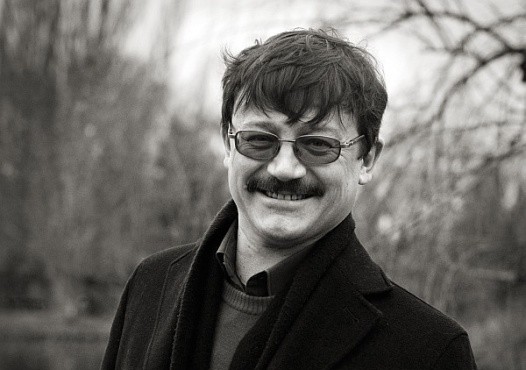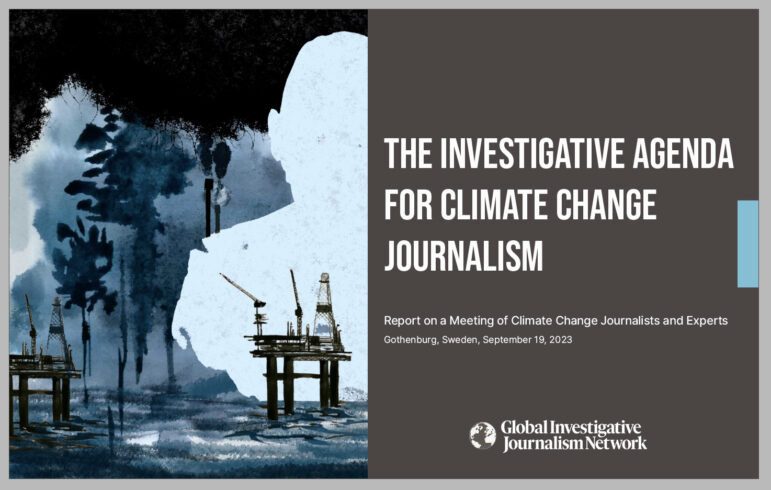

Russia Bars Ukrainian Journalist for 5 Years
On October 29, our Ukrainian colleague Oleg Khomenok was refused entry to Russia for unexplained reasons. Khomenok is a long-time trainer for GIJN member Scoop, the Denmark-based investigative reporting network. He serves on the Global Investigative Journalism Network steering committee — the Volunteer Group – and played a key role in organizing the very successful Global Investigative Journalism Conference in Kiev last year.
 Veteran investigative journalism trainer Oleg Khomenok, barred for five years from entry to Russia.
Veteran investigative journalism trainer Oleg Khomenok, barred for five years from entry to Russia.
Concerned about Khomenok’s entry denial, various journalism groups sent the Russian Foreign Ministry letters of protest, including this letter from 11 GIJN Volunteer Group members from 9 countries. Now, in response, has come this statement from the Russian Federal Security Service, barring Khomenok from entry for five years.
“Unfortunately, this was to be expected,” wrote veteran journalist Paul Radu on the GIJN listserv. “Governments in Eastern Europe and beyond were caught off guard by the new open information wave and the networking attached to it and now they fight back. This is a good reason for us to grow the networks stronger and to facilitate the flow and analysis of information.”
Here is the statement issued today by the Danish Association for Investigative Reporting (FUJ):
The Russian Federation has denied the Ukrainian journalist Oleg Khomenok entry into the country for the next five years.
The decision was made 25th of September, and the short notice from the “Federal Security Service of the Russian Federation” refers to an article 27 which states that “Entry into theRussian Federation for a foreign citizen or a stateless person is not allowed in the following cases:
1) it is necessary in order to ensure the defense or national security, or public order, or the protection of public health”.
Oleg Khomenok is the national coordinator for SCOOP in Ukraine and has also assisted colleagues in Belarus, where he in March this year was refused entry at the border and had to go back to Ukraine. Belarus and Russia cooperate in border control, and Mr. Khomenok was then also refused admission into the Russian enclave Kaliningrad, where SCOOP had a seminar, on 29th of October.
The Danish Association for Investigative Journalism, which together with International Media Support, has managed SCOOP – a support structure for investigative journalists in the Balkans, the Caucasus, Central Asia, Ukraine, Moldova, Belarus and Russia – since 2003, has protested to the Russian authorities. Investigative reporting is absolutely no threat to Russian “national security, public order or public health”.
See the letter from FSB to Oleg Khomenok
More info: oleg.khomenok@gmail.com or the Danish coordinator for SCOOP Ukraine, Henrik Kaufholz henrik.kaufholz@pol.dk. For more on Scoop’s work in Eastern Europe and the former Soviet Union, see its website.









